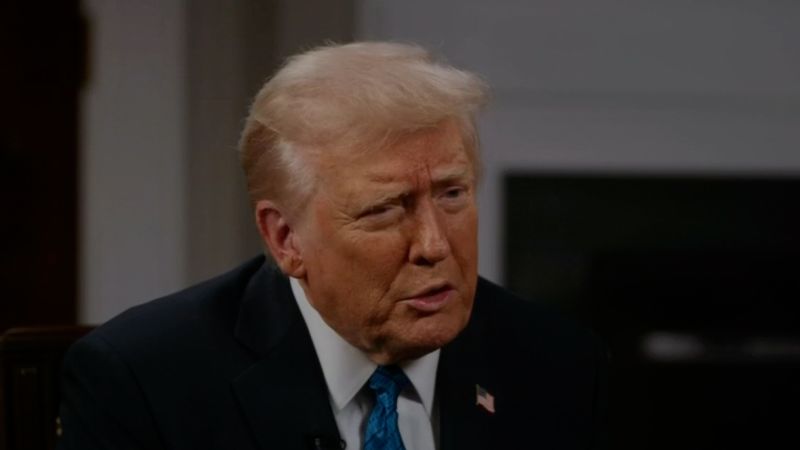Trump's Executive Order on US Elections and Jan 6 Rioters

In a whirlwind of political activity, former President Donald Trump has once again found himself at the center of multiple controversies, ranging from his remarks on compensating January 6 rioters to a contentious group chat involving sensitive military information. Simultaneously, his administration's policies on immigration and election integrity are facing intense scrutiny and legal challenges.
During a recent interview on Newsmax, Trump was asked about the possibility of financial compensation for individuals pardoned for their involvement in the January 6 riot. His response, while not explicitly endorsing compensation, has sparked debate and criticism, raising questions about his continued stance on the events of that day.
Adding to the fray, a group chat among top Trump administration officials has come under the microscope after it was revealed that a journalist was mistakenly included in discussions about highly sensitive Yemen strike plans. The incident has triggered concerns about national security and the handling of classified information. Former National Security Advisor John Bolton characterized the inclusion of the journalist as the ‘original sin’ in what he considers a significant lapse in security protocol.
The White House has responded by shifting blame to the reporter, while Trump himself downplayed the incident, asserting that no classified information was shared. However, Jeffrey Goldberg, the editor-in-chief of The Atlantic who was inadvertently added to the chat, described the moment he realized the gravity of the situation, emphasizing the detailed operational plans being discussed.
Meanwhile, the Trump administration's use of the Alien Enemies Act to deport alleged members of a Venezuelan gang has drawn sharp criticism. A federal appeals court judge remarked that “Nazis got better treatment,” highlighting concerns over the administration's approach to immigration enforcement. This legal challenge underscores the ongoing battle over the scope and application of immigration laws under the Trump administration.
Adding another layer of complexity, Trump's recent executive order aimed at overhauling the US election system has ignited further controversy. Claiming the United States has “failed to enforce basic and necessary election protections,” the order seeks to tighten voter identification requirements and mandates states to share voter lists with federal agencies. The order specifically references India and Brazil as examples of nations implementing advanced voter identification systems.
The executive order requires voters to provide documentary proof of their US citizenship and aims to have votes “cast and received” by Election Day. It also calls for amendments to voting system guidelines to “protect” election integrity, including guidance against using barcodes or QR codes in the vote counting process.
Critics argue that the citizenship requirement could disenfranchise millions of Americans who lack readily available proof of citizenship. Legal challenges are expected, as the US Constitution grants states the authority to hold elections. Marc Elias, a Democratic attorney, has already threatened legal action, signaling a protracted battle over election laws.
Simultaneously, President Trump signed an executive order attempting to dismantle the Department of Education. Former Education Secretary Margaret Spellings expressed concerns about the impact of Trump's move on students.
In another development, US military officials are reportedly scrambling to develop a “Golden Dome” defense system to protect the country from long-range missile strikes, reflecting President Trump's focus on national security priorities.
Amidst these controversies, Trump has also faced scrutiny over his involvement in invoking the Alien Enemies Act, with conflicting reports about whether he signed the proclamation. A US District Judge has vowed to investigate whether Trump administration officials violated orders temporarily blocking the use of the law for deportations.
These multifaceted issues underscore the complex and often contentious political landscape surrounding Donald Trump, as his actions and policies continue to spark debate and legal challenges across various sectors.












